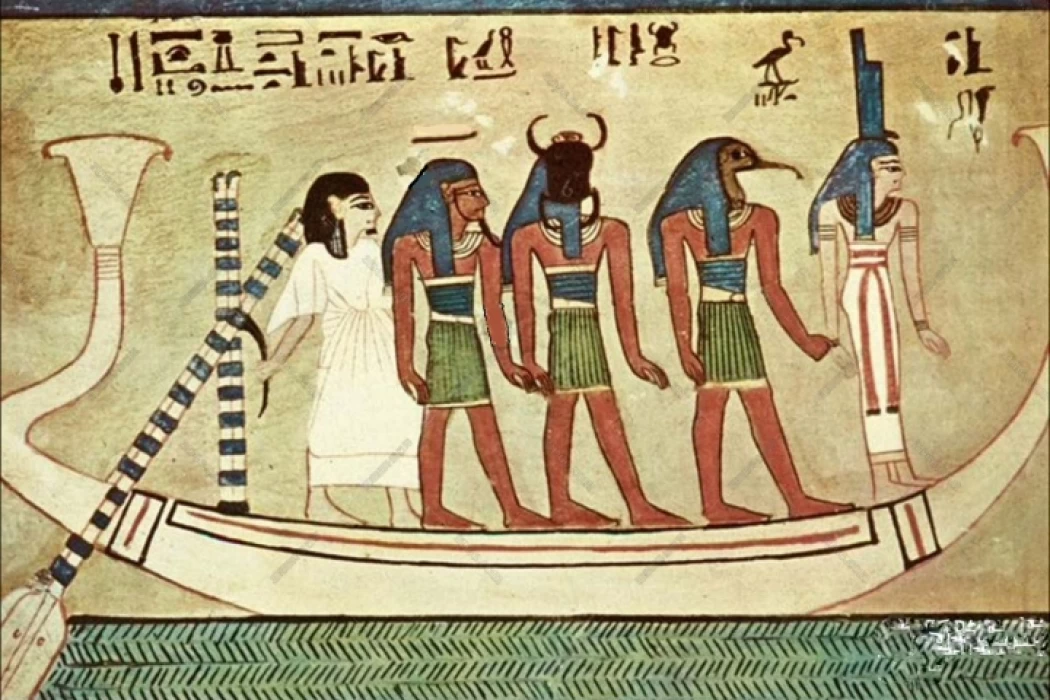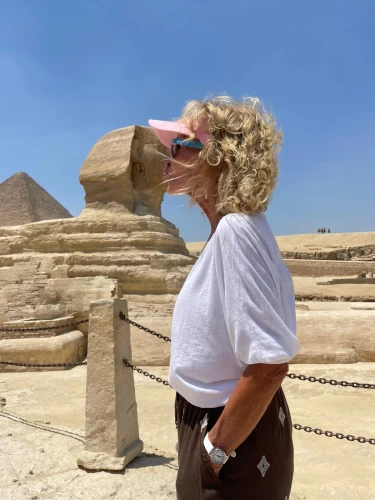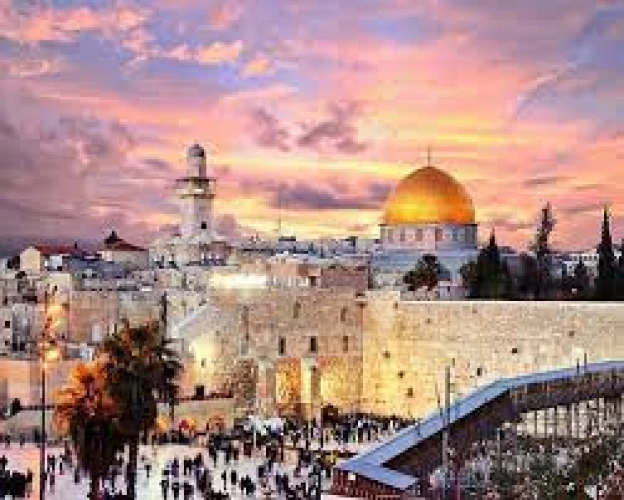
HU God of Spoken Word
The Trinity of God Hu
Sia and Hu would form a triad with Heku, the god of magic, medicine, and the primordial force in the universe, which empowered life and sustained Ma’at. Sia represented the intellect, while Hu symbolized the word of the Creator Ptah (or Atum), which brought thought into reality, and Heku was the underlying force that gave them power.
Hu was one of the minor gods in some respects, but he was also one of the most important Egyptian deities. Hu is the power of the spoken word and personifies the authority of utterance. He is often seen as a representation of the power of Heku or Atum and is depicted in funerary texts guiding the soul to the afterlife.
Hu is mentioned in the Old Kingdom Pyramid texts (PT 251, PT 697) as companion of the deceased Pharaoh. Together with Sia, he was depicted in the retinue of Thoth, with whom he was also occasionally identified.
Hu was particularly important because he was the epitome of the power and command of the ruler. Even after death, Hu was of utmost importance to the Kings of Ancient Egypt. He acted as the companion to the Pharaoh as he entered the Afterlife. Through Hu, the Pharaoh maintained his royal authority in the Afterlife. Hu was depicted in human shape, as a falcon, or as a man with a ram’s head.
According to certain mythology, Hu was the creator rather than merely a component of creation. It is stated that the core of Hu's name was contained in the sound "hu…" when he took his first breath. According to mythology, Hu created the Sun with his final breath and the Soul of Osiris with his first.
According to the religion of the ancient Egyptians, Hu stands for "divine speech" or "creative utterance," the power of uttered words that played a crucial role in the universe's creation and still demonstrates divine will today.
The Trinity of God Hu
Sia and Hu would form a triad with Heku, the god of magic, medicine, and the primordial force in the universe, which empowered life and sustained Ma’at. Sia represented the intellect, while Hu symbolized the word of the Creator Ptah (or Atum), which brought thought into reality, and Heku was the underlying force that gave them power.
Hu was one of the minor gods in some respects, but he was also one of the most important Egyptian deities. Hu is the power of the spoken word and personifies the authority of utterance. He is often seen as a representation of the power of Heku or Atum and is depicted in funerary texts guiding the soul to the afterlife.
According to certain mythology, Hu was the creator rather than merely a component of creation. It is stated that the core of Hu's name was contained in the sound "hu…" when he took his first breath. According to mythology, Hu created the Sun with his final breath and the Soul of Osiris with his first.
According to the religion of the ancient Egyptians, Hu stands for "divine speech" or "creative utterance," the power of uttered words that played a crucial role in the universe's creation and still demonstrates divine will today.
How Hu was Worshiped and Celebrated
As the god of creation and intelligence, Hu was revered in ancient Egypt through a variety of rites and celebrations. To honor Hu, they offered daily sacrifices and prayed, frequently referencing holy writings that tapped into his creative potential. Consider these customs as being similar to the songs and prayers used in modern religious ceremonies to honor a deity... It was believed that these daily deeds would maintain the harmony of the universe and guarantee the gods' continued favor.
For Hu, several occurrences took place on significant religious holidays and festivals. Large processions, food and drink gifts, and hymns honoring Hu's intelligence and inventiveness were all features of these gatherings. These rites were mostly performed at temples and other hallowed locations, such as those in Heliopolis. These locations were regarded as the meeting points of the divine and human worlds, and as the dwelling places of the gods on earth.
















